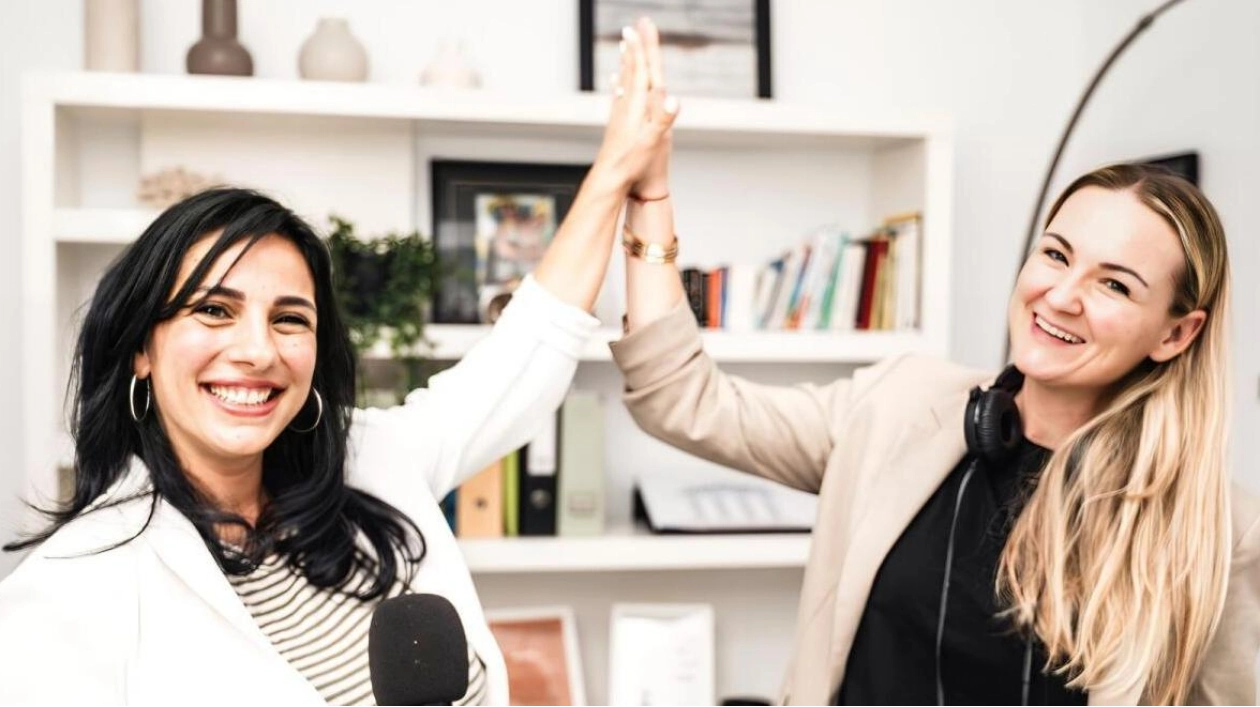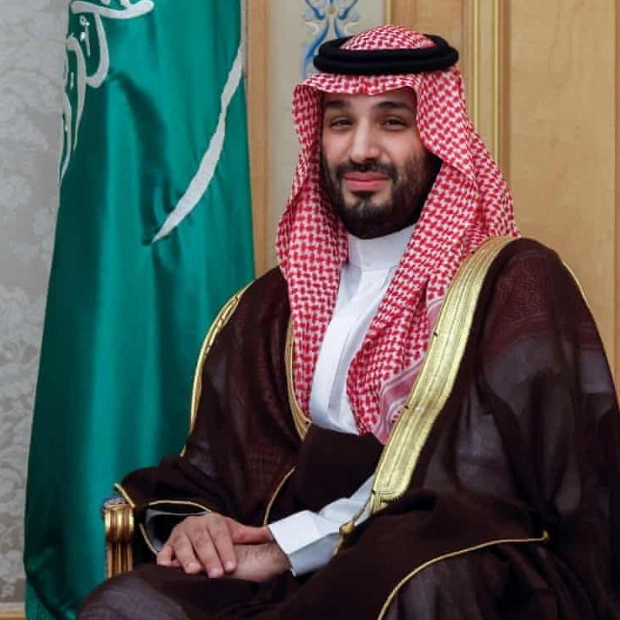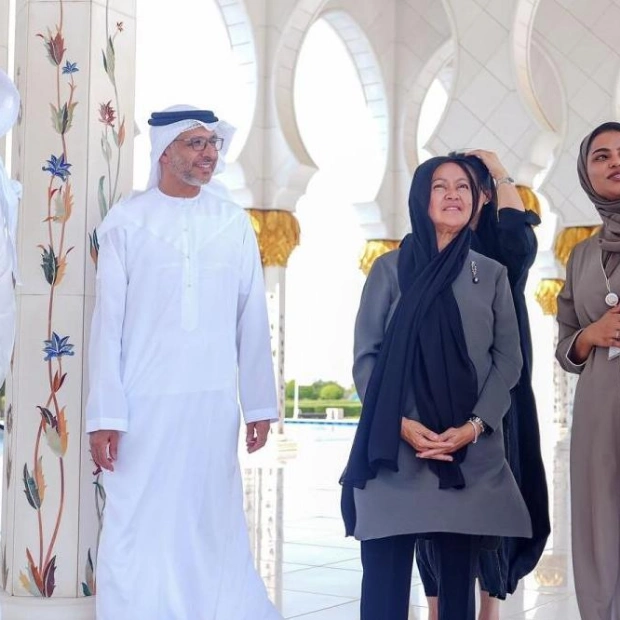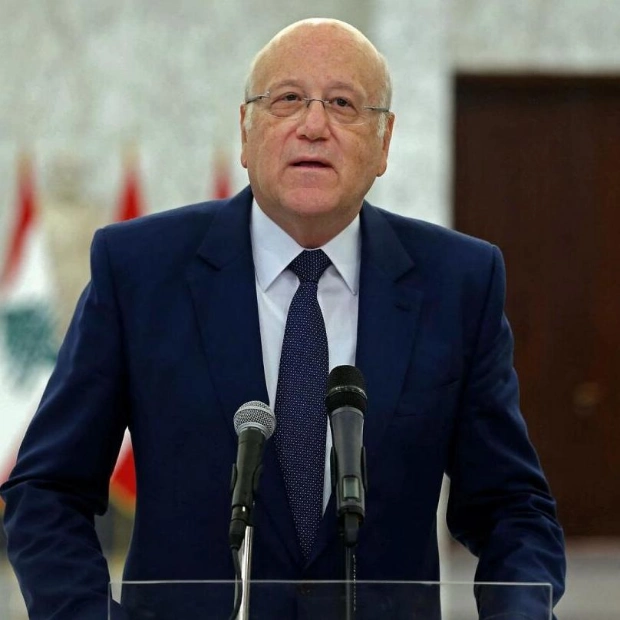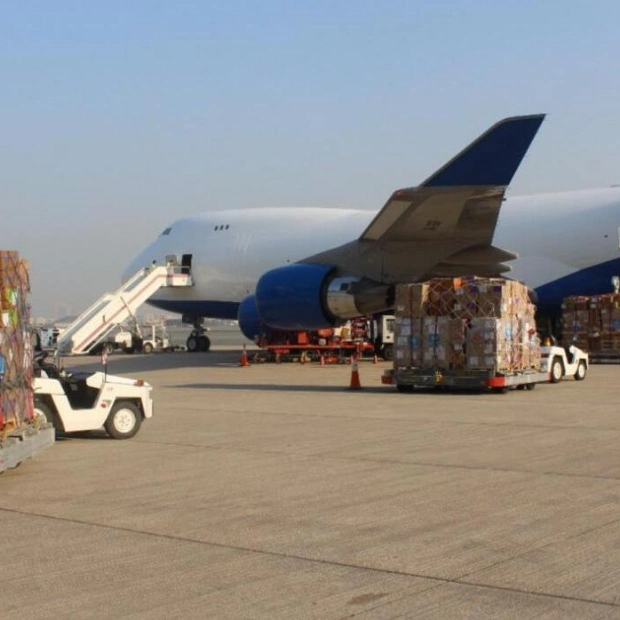For the UAE’s diverse expatriate community, the challenges of adapting to new cultural environments, navigating corporate structures, and making personal sacrifices can often lead to feelings of isolation and overwhelm. Enter Katrina Spartalis (Kat), an Australian-Greek licensed counsellor, and Yvonne Zeljkovic (Von), an Australian-Polish Clinical Hypnotherapist specializing in strategic psychotherapy. With a combined 28 years of experience living and working as expats in Dubai, these two therapists (and friends) have launched the podcast You’ve Got This! to address the unique mental health challenges faced by Dubai’s expat community.
“It’s a truly unique experience. You arrive here alone, sometimes without a partner or family, and suddenly you’re navigating a whole new world without your usual support system,” explained Kat. Unlike immigrants seeking permanent settlement, expatriates in Dubai are typically on work visas, which creates a different kind of pressure. The high-stakes nature of corporate roles, coupled with visa dependencies, can amplify stress and uncertainty. Kat and Von understand the importance of acknowledging these unique stressors and provide tailored support to help expats manage their mental well-being.
Kat shared the story of a 24-year-old Indian client working in a high-pressure communications role. “She was navigating a ruthless, stratified corporate environment with colleagues from 102 different nationalities while living far from her family for the first time. She felt completely isolated and alone in her experience, and we worked together on this in therapy. But what she didn’t realize is that there are so many other expats going through the exact same thing.” Von added that these struggles often extend beyond the workplace. “For moms especially, there’s the constant stress of whether raising kids in Dubai is the right decision. There’s guilt about not seeing family back home or worrying that their kids won’t have relationships with their grandparents.”
These challenges, combined with the transient nature of expat life, often leave individuals feeling like they’re in survival mode. “We’re using our platform to remind people that they’re not alone in their challenges,” Von shared, “and that it’s important to step back and see the bigger picture. Expats in Dubai are able to achieve so many things that wouldn’t have been possible back home.” Kat and Von advocate for cultural humility, which focuses on the ongoing process of learning, questioning assumptions, and adapting based on individuals’ needs and experiences. Unlike cultural competence, which implies achieving a set level of knowledge about other cultures, cultural humility is an ongoing process of curiosity, openness, and embracing the richness of diversity.
The duo provides actionable takeaways in their 20-minute podcasts each week. But beyond their expertise, Kat and Von’s natural rapport makes them feel approachable yet credible—like your two best friends who also happen to be highly-skilled therapists. Their honesty about their personal experiences balances their professionalism, making their advice resonate on a personal level. Beyond the podcast, they’ve also developed a website filled with free resources for those struggling to take the first step. “It’s about normalizing therapy and talking about shared struggles, and let’s have a laugh while doing it, too,” Kat said. “Struggling doesn’t mean there’s something wrong with you. It’s about learning skills that maybe your parents didn’t teach you.”
“Whether it’s helping someone navigate the corporate world, find closure with their home country, or simply feel validated in their experiences, we want expats to know they’re not alone,” Von said. “You’ve got this.” Kat and Von are advocates of RAFT therapy, a framework designed to help individuals—especially expatriates and those undergoing transitions—cope with change and relocation. The acronym RAFT stands for:
Reconciliation: Addressing unresolved emotional conflicts or tensions before moving on to a new phase of life. It’s about “tying up loose ends” in relationships or situations to avoid carrying emotional baggage into the future.
Affirmation: Emphasizing the importance of cherishing existing relationships and connections. It involves expressing gratitude and acknowledging the significance of people, places, or experiences before transitioning.
Farewell: Saying goodbye is a critical part of closure. This includes formal or informal goodbyes to friends, family, colleagues, and even familiar places or routines. Proper farewells help individuals process the loss associated with leaving.
Think Destination: Preparing mentally, emotionally, and logistically for the new environment. It involves envisioning the future, setting expectations, and making plans for the transition to the new destination.
RAFT therapy helps individuals process the emotional complexities of leaving a familiar environment, navigate cultural adaptation challenges, reduce feelings of isolation or guilt, and build resilience for the new chapter ahead. Completing these steps aims to prevent emotional distress and ensure a smoother transition into a new life.
Source link: https://www.khaleejtimes.com
